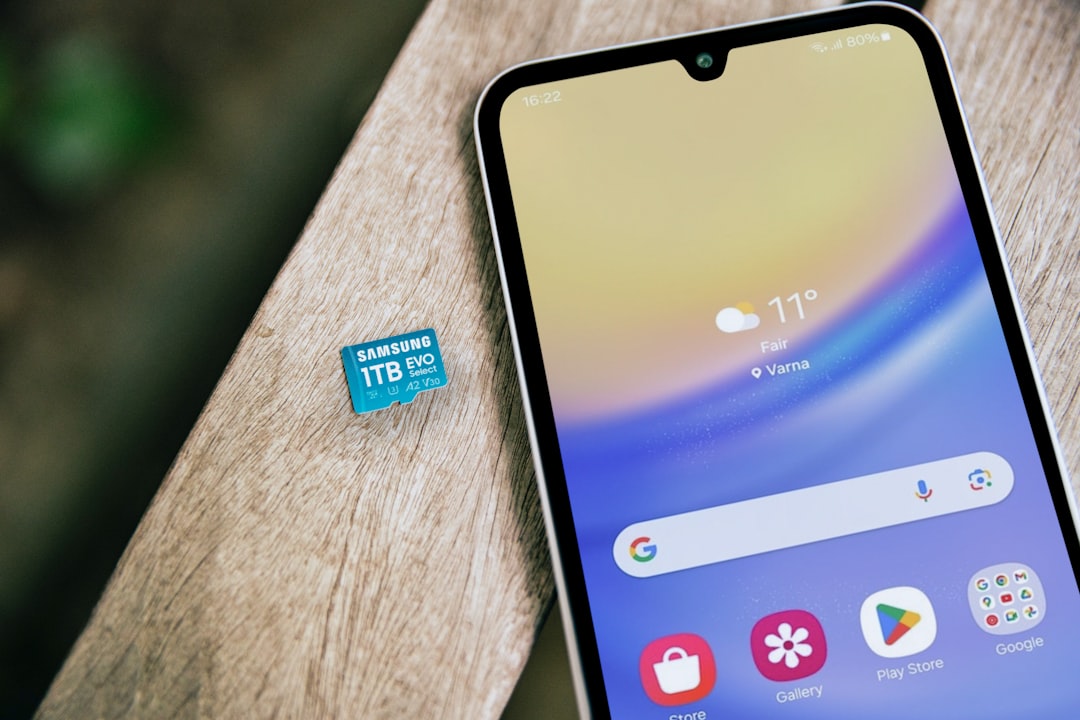Non-profit organizations in Missouri using robocalls for engagement must comply with state and federal laws, including the TCPA. Explicit caller consent is essential to avoid potential lawsuits for "Can I Sue For Robocalls Missouri." Engaging a "Spam Call Law Firm Missouri" or hiring TCPA specialists ensures compliance, respects recipients' choices, and maintains campaign efficiency. If you've received harassing spam calls, document them and contact a specialized lawyer to explore legal recourse under Missouri's laws.
In Jefferson City and across Missouri, non-profit organizations often rely on robocall campaigns to engage supporters and promote their causes. However, navigating the legal landscape of telemarketing regulations can be complex. This article provides essential insights into best practices for non-profit robocall campaigns, focusing on understanding Missouri’s robocall laws, effective strategies for compliance, and exploring legal options against spammer lawsuits. Key topics include recognizing your rights under the TCPA, consulting with a spam call law firm in Missouri, and knowing when to take legal action against unwanted calls.
Understanding Robocall Regulations in Missouri: The Legal Framework

In Jefferson City and throughout Missouri, robocall regulations are governed by both state and federal laws. The Missouri Spam Call Law, also known as the Missouri Telemarketing Act, restricts the use of automated dialing systems for telemarketing purposes. It’s crucial for non-profit organizations to familiarize themselves with these laws to ensure compliance and avoid potential legal issues.
Under the Telephone Consumer Protection Act (TCPA), individuals can take legal action against robocallers who violate their privacy rights. If you’ve received unwanted robocalls in Missouri, you may have grounds to sue for damages. Engaging a reputable spam call law firm or lawyer specializing in TCPA cases in Missouri is advisable if you’re considering legal recourse. These professionals can guide you through the process and help determine if you can take action against violators, including non-profit organizations using robocalls incorrectly.
Strategies for Effective and Compliant Non-Profit Robocall Campaigns

Non-profit organizations often turn to robocall campaigns as a cost-effective method to reach and engage supporters. However, navigating these calls must be done carefully to ensure compliance with Missouri’s strict spam call laws, including the Telephone Consumer Protection Act (TCPA). One effective strategy is to obtain explicit consent from callers, ensuring that contributors have agreed to receive automated messages. This not only complies with legal requirements but also fosters trust and reduces the risk of complaints or lawsuits, such as those regarding Can I Sue For Robocalls Missouri.
Engaging a reputable Spam Call Law Firm Missouri or hiring experienced lawyers who specialize in TCPA litigation can provide valuable guidance on best practices. These professionals can help tailor call scripts to avoid potential legal pitfalls, ensuring that messages remain compliant and effective. Additionally, implementing robust opt-out mechanisms during calls allows recipients to easily discontinue receiving such messages, demonstrating respect for their choices and minimizing the risk of Can I Sue For Robocalls Missouri.
Navigating Lawsuits: When and How to Take Legal Action Against Spammers

Navigating Lawsuits: When and How to Take Legal Action Against Spammers
In Jefferson City, Missouri, navigating robocall lawsuits involves understanding both state and federal laws. The Telephone Consumer Protection Act (TCPA) at the federal level and Missouri’s anti-spamming legislation offer protections against unwanted automated calls. If you’ve received spam calls and believe your rights have been violated, it’s crucial to act promptly. A spam call law firm or lawyer specializing in TCPA cases in Missouri can guide you through this process.
When considering legal action, look for patterns of persistent or harassing robocalls. Keep records of the calls, including dates, times, and any identifying information. Contacting a qualified attorney is a significant step; they can help determine if your case qualifies for legal recourse and guide you through the potentially complex lawsuit process. Remember, taking action against spammers not only protects your privacy but also contributes to deterring similar activities in the future.






